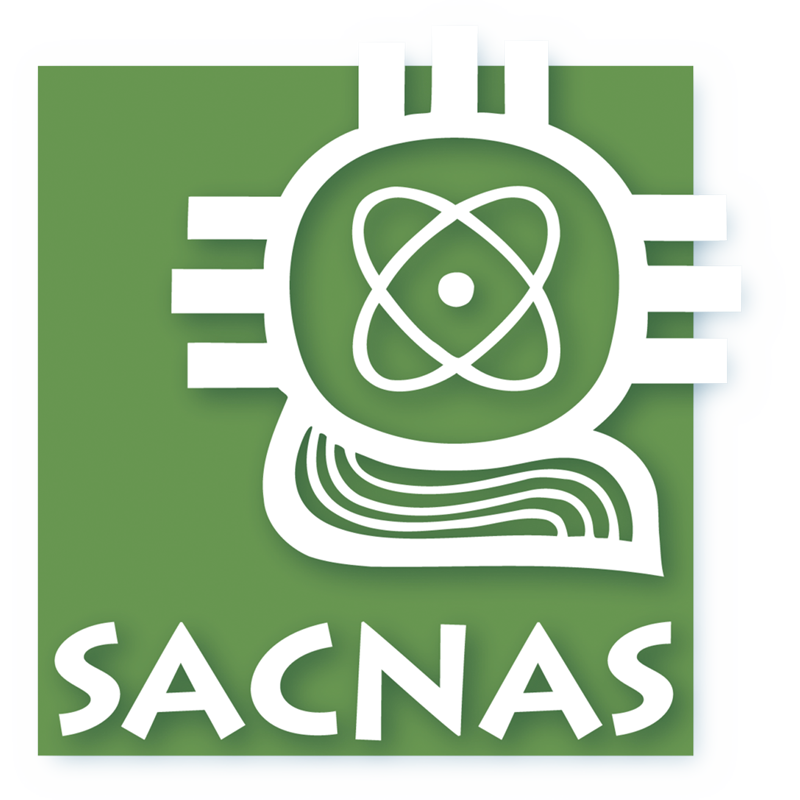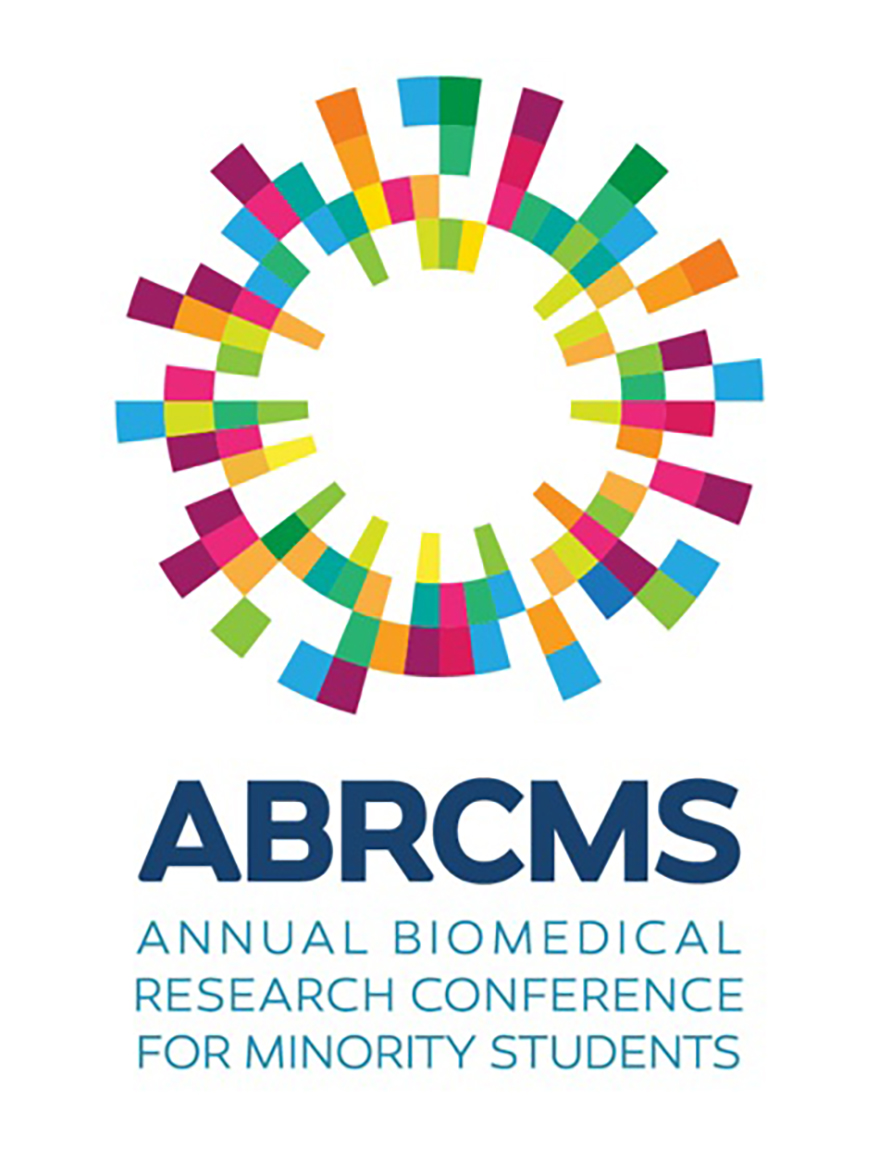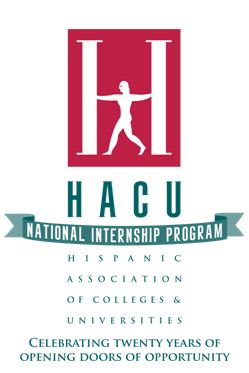
The Society for Advancement of Chicanos/Hispanics and Native Americans in Science (SACNAS)
The largest multidisciplinary and multicultural STEM diversity event in the country, the SACNAS conference is a gathering which serves to equip, empower, and energize participants for their academic and professional paths in STEM.

Annual Biomedical Research Conference for Minority Students (ABRCMS)
ABRCMS is one of the largest communities of underrepresented minorities in science, technology, engineering and mathematics. Students attend this conference to present their research, enhance professional development skills, explore graduate schools, and network.

Southern Regional Educational Board: Institute for Teaching and Mentoring
The Institute on Teaching and Mentoring, a four-day conference, has become the largest gathering of minority doctoral scholars in the country. The Institute gives the issue of faculty diversity a national focus and provides minority scholars with the strategies necessary to survive the rigors of graduate school, earn the doctoral degree and succeed as members of the professoriate.

Association for the Sciences of Limnology and Oceanography: Multicultural Program (ASLOMP)
ASLOMP uses opportunities provided by ASLO meetings to develop cohorts of informed, motivated, experienced, and connected undergraduate and graduate students from under-represented groups. To facilitate their entry into the ASLO community, students move through a series of 4 overlapping steps:
1. Development of group identity,
2. Affiliation with a "meeting-mentor" and small peer-circle,
3. Affirmation by peers, and
4. Affiliation with other non-ASLOMP students and regular ASLO members.
Hispanic Association of Colleges and Universities (HACU) Annual Conference
HACU’s Annual Conference provides a unique forum for the sharing of information and ideas for the best and most promising practices in the education of Hispanics. The conference goals are to:
1. Showcase successful, effective, and exemplary programs and initiatives of HACU member institutions
2. Promote and expand partnerships and strategic alliances for collaboration between HACU member institutions and public and private-sector organizations
3. Foster and identify graduate education opportunities for Hispanic students and graduates
4. Deliberate policy issues affecting the education opportunities of Hispanics, including HACU’s legislative agenda
5. Promote greater Hispanic participation in scholarships, fellowships, internships and other such programs funded by private and government organizations
6. Discuss emerging trends in higher education affecting Hispanics and HSIs, e.g., distance learning, student-centered learning, outcomes assessment, and cross-national accreditation


